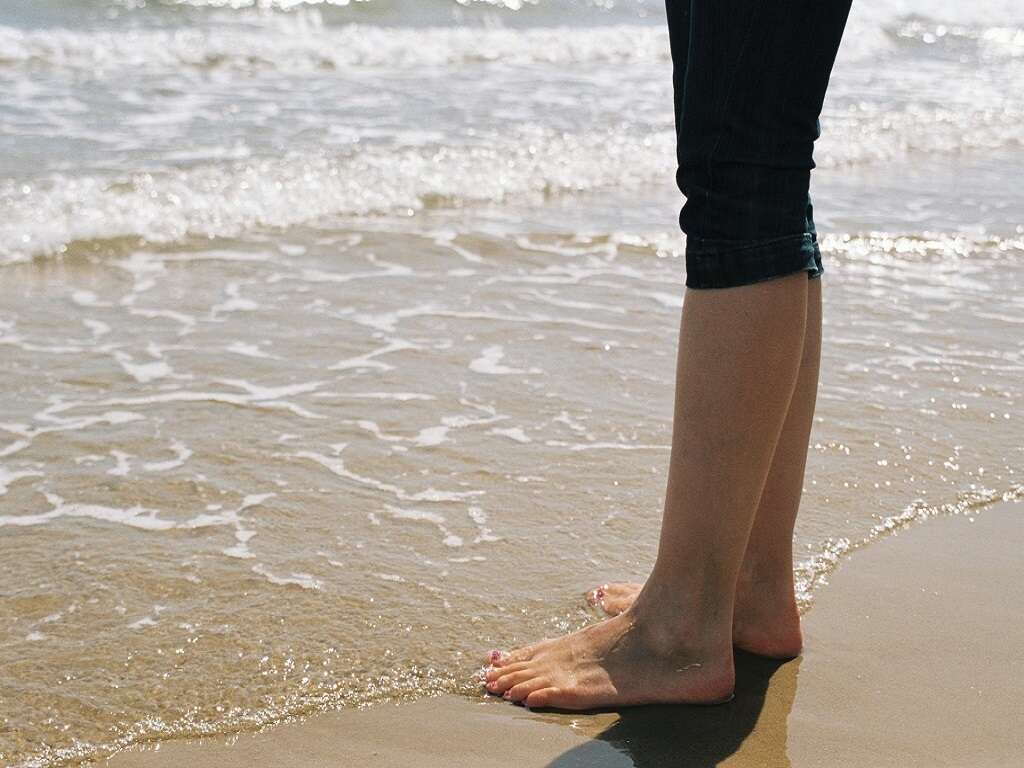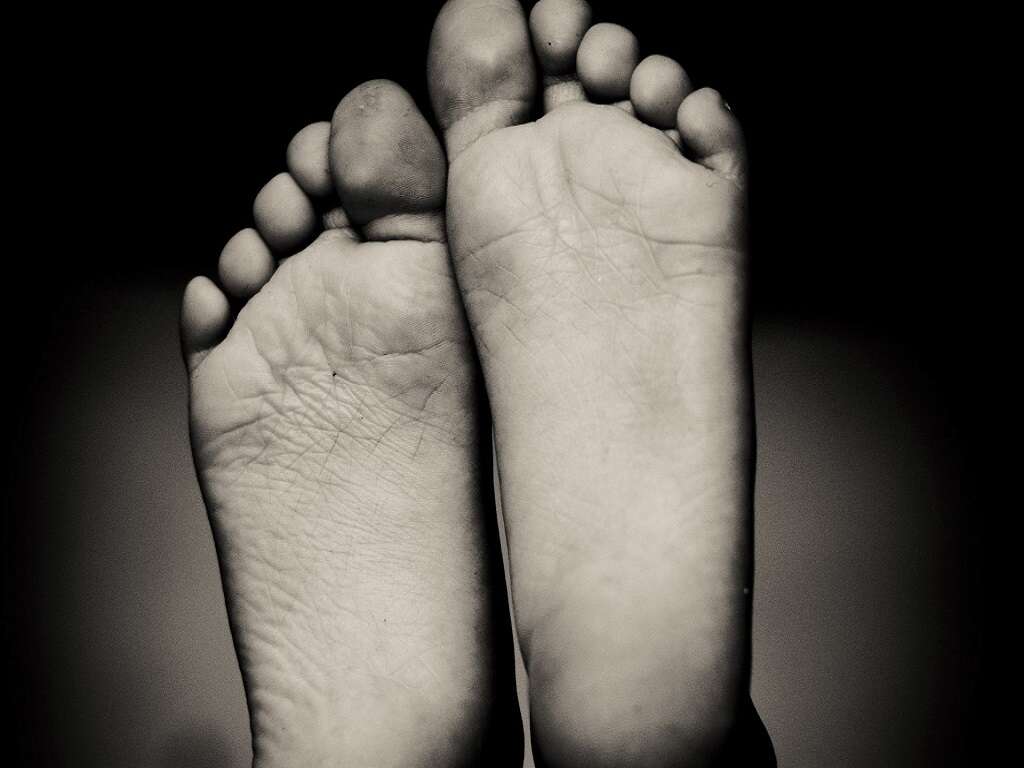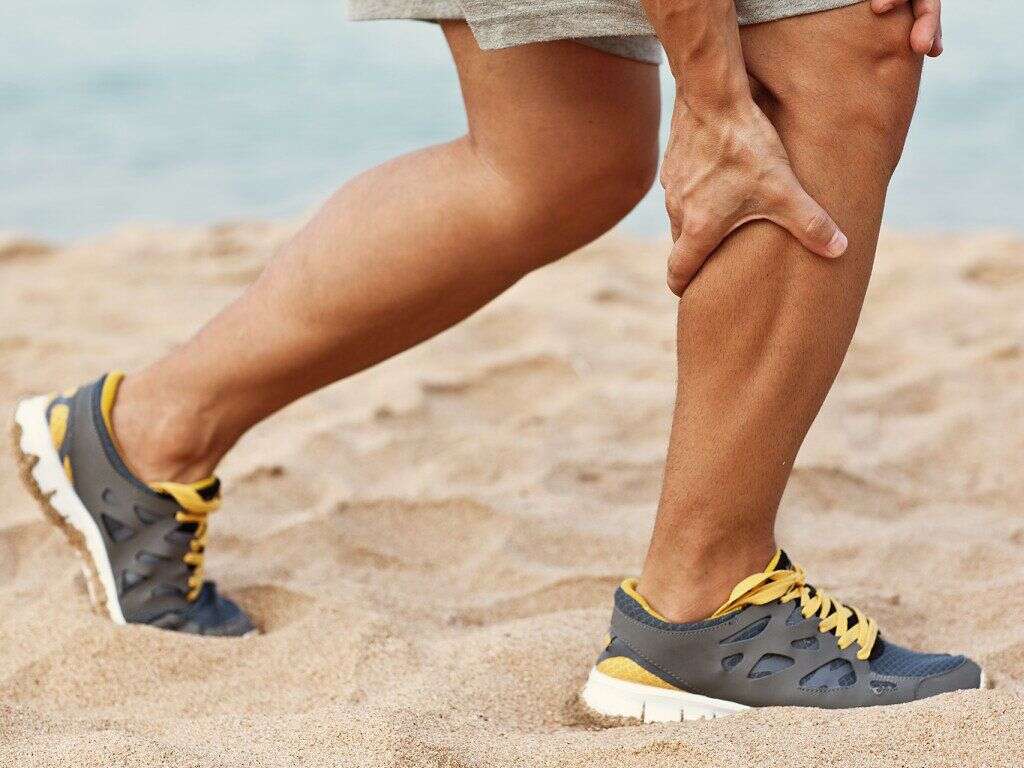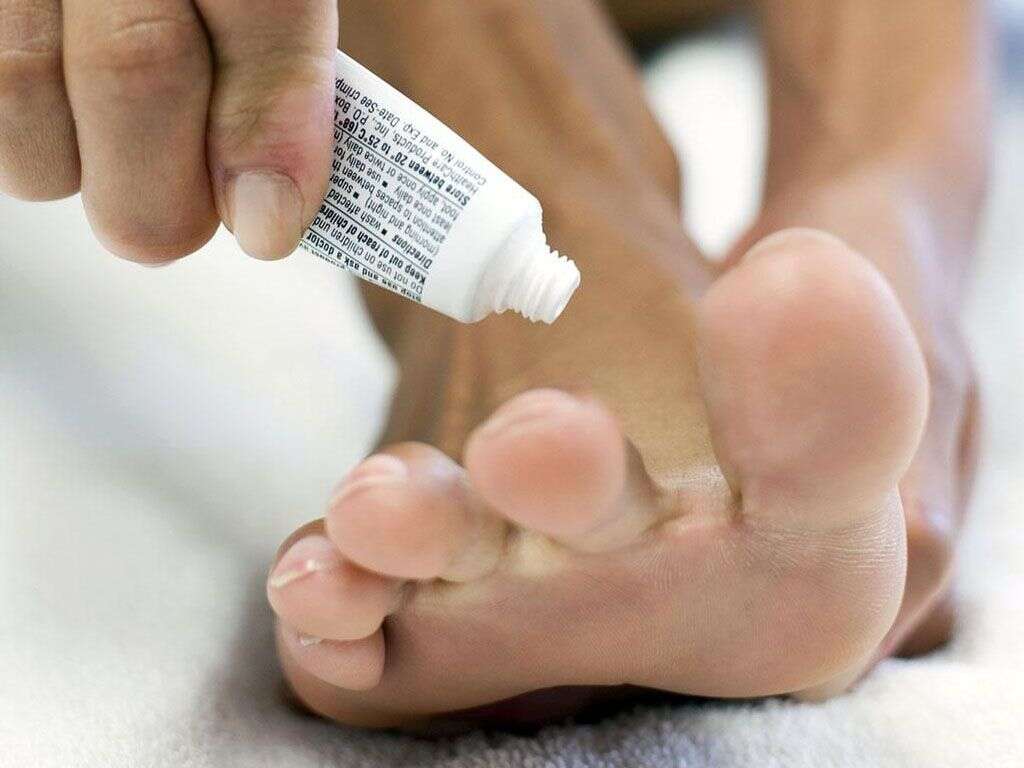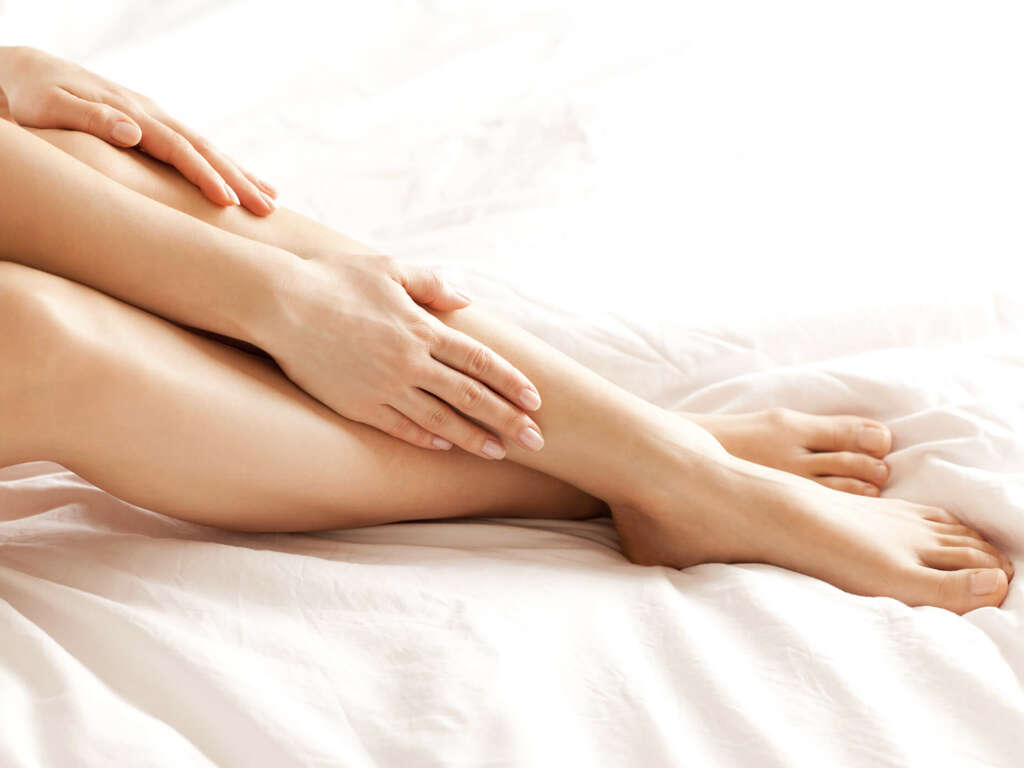10 Causes of Foot Cramps
Foot cramps are fairly common and can be severely painful. Individuals who experience foot cramps often describe it as the tightening of the muscles in the foot ranging from a few seconds to a few minutes.
Foot cramps that occur at night are closely related to nocturnal leg cramps. Some have even reported these sensations in the calves and thighs. Foot cramps are more commonly seen among individuals over the age of 50 and among women who are pregnant.
Foot cramps are usually harmless. While some cases may be associated with certain disorders, it usually resolves with lifestyle changes and stretches. This article looks at 10 causes of foot cramps.

Cause #1: Exercise
Exercise refers to activity practiced to maintain physical fitness, wellness, and health. It may also be performed to strengthen the muscles, slow aging, improve the cardiovascular system, and for weight loss. Generally, for adults, it has been recommended that they exercise for 150 minutes every week (moderate activity) or 75 minutes of vigorous activity.
When an individual places too much strain or overworks the muscles, it can result in leg and foot cramps, especially when resting after exercise. Light exercise is first recommended for those who are new to exercise. They should then gradually increase the intensity and duration of the exercise routine. Warm ups and cool downs may also help prevent cramps.
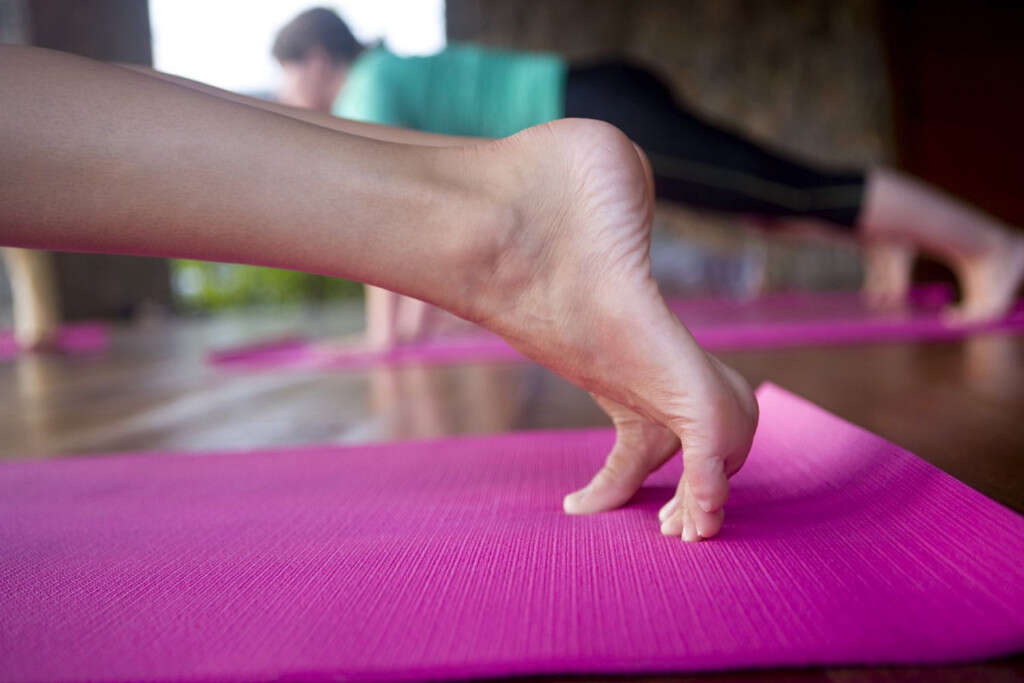
Cause #2: Peripheral Neuropathy
Peripheral neuropathy occurs when a disease affects peripheral nerves (nerves other than those in the brain and spinal cord). When the peripheral nerves are affected, it can result in impaired sensation, issues with movement, and disrupted function.
Depending on the underlying disorder, peripheral neuropathy can have a sudden or gradual onset, rapid or gradual progress, and be temporary or permanent. Diseases that can cause peripheral neuropathy include vitamin deficiency, diabetes, and leprosy. It can also be caused by chemotherapy. In peripheral neuropathy, foot cramps, leg cramps, muscle loss, bone degeneration, changes in the hair, skin, and nails, and muscle fasciculations can occur.
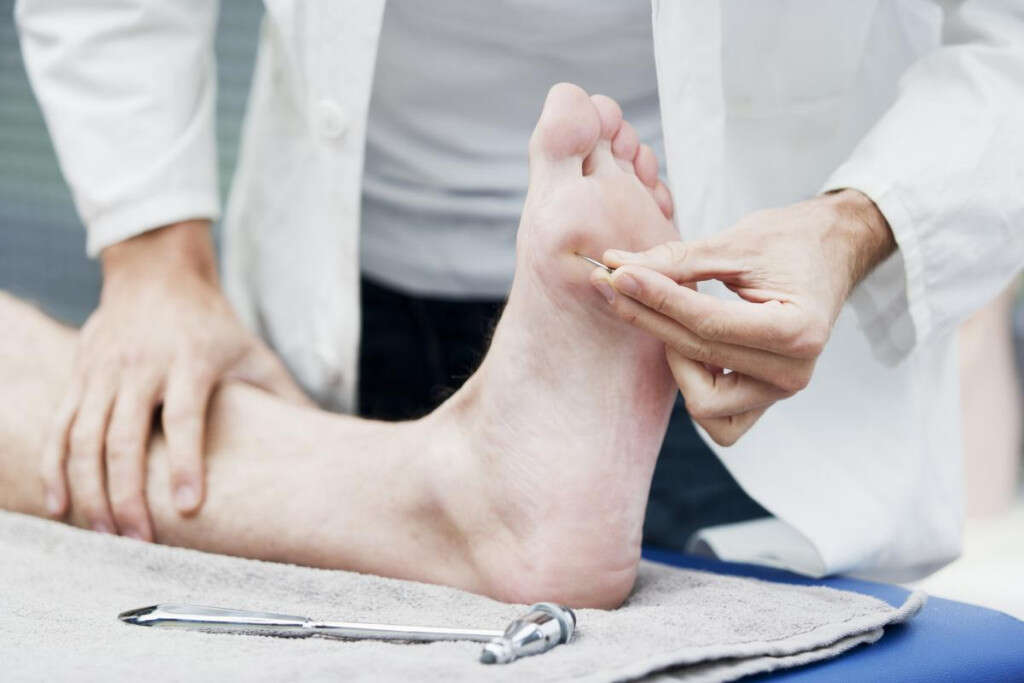
Cause #3: Medications
Medications are a necessity in the treatment, management, and prevention of disease. However, some medications such as diuretics and statins can cause muscle cramps such as leg or foot cramps.
Statins are drugs that are used to treat dyslipidemia or high cholesterol while diuretics are drugs that remove fluid from the body for the treatment of heart failure, hypertension, and kidney disease. Other medications that may cause foot cramps include nifedipine, nicotinic acid, and raloxifene.

Cause #4: Dehydration
Dehydration refers to the condition when there is total body water deficit resulting in disruption of the body’s metabolic processes. It can occur when there is excessive water loss compared to intake due to exercise, high environmental pressure, disease, and more.
A 3 to 4 percent deficit in total body water can occur without symptoms. When it reaches 5 to 8 percent, those affected may experience fatigue and dizziness. Physical and mental deterioration may happen when the total body deficit is more than 10 percent. A deficit of 15 to 25 percent can result in death. Common symptoms of dehydration include discomfort, thirst, headaches, confusion, appetite loss, seizures, muscle cramps such as foot cramps, and tiredness. Cramps occur as water deficit also leads to decreased salt levels, which trigger cramps.

Cause #5: Pregnancy
Foot and leg cramps are commonly seen among pregnant women. Although the cause of the cramps is unclear, it is believed to be due to fatigue. Another potential contributing factor is the enlargement of the uterus due to the growing fetus that presses on the nerves and blood vessels causing decreased blood circulation leading to cramps. Other possibilities include calcium deficiency, magnesium deficiency, and dehydration.
Cramps are usually harmless. Pregnant mothers who experience foot or leg cramps can benefit from massages and regularly flexing the foot by lifting the toes toward the body. Cramps may be prevented by avoiding sitting or standing for a prolonged duration, staying hydrated, and taking the necessary supplements.

Cause #6: Inactivity
Inactivity for prolonged durations such as sitting can cause the muscles in the legs and feet to cramp. Poor posture can lead to inhibition of blood flow and nerve compression, which are also risk factors of cramps. Even the sleeping position can contribute to nerve issues and circulation issues.
Individuals who experience cramping should examine their posture to see if it helps to reduce their cramping episodes. One common posture that often causes foot or leg cramps is sitting cross legged on a hard surface such as a concrete floor.

Cause #7: Liver Disease
Liver disease or hepatic disease refers to disease or damage that occurs in the liver. There are various types of liver disease and they generally lead to jaundice and weight loss. Some examples of liver disease include hepatitis, fascioliasis, fatty liver disease, liver cancer, alcoholic liver disease, and hereditary diseases.
Muscle cramps such as those in the legs and foot may occur as the liver can no longer function normally to rid the body of toxins. The build-up of toxins can result in muscle spasms and cramps. The treatment and management of the cramps will depend on the type of liver disease.

Cause #8: Motor Neuron Disease
Motor neuron disease is a term describing a group of conditions that affect the motor neurons that control the voluntary muscles of the body. Some examples of motor neuron disease include pseudobulbar palsy, monomelic amyotrophy, amyotrophic lateral sclerosis (Lou Gehrig’s disease), and progressive bulbar palsy.
This group of diseases can affect individuals of all ages. It mainly causes movement-related issues with the primary symptom being muscle weakness. Other symptoms include muscle spasms or cramps (including the foot), breathing issues, respiratory difficulty, dysphagia, and dysarthria. Leg and foot cramps occur if the disease affects nerves that supply the muscles of the region.
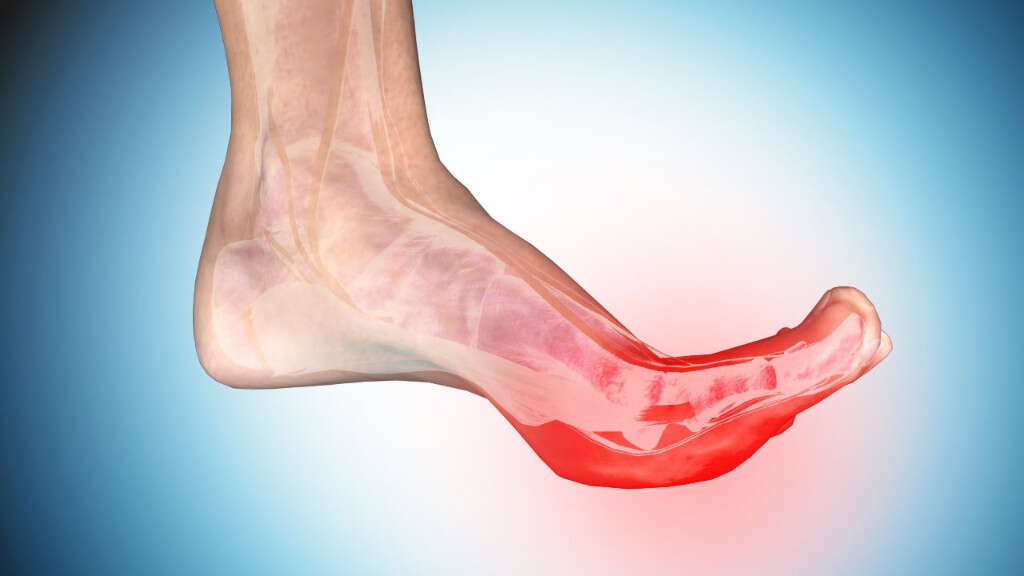
Cause #9: Improper Footwear
The feet are one of the most uncared body parts as they are often overlooked. They are important as they allow mobility. This means that proper footwear is also essential for the health of the feet. Wearing improper footwear such as those that are poor fitting or footwear without adequate support can place excessive strain not only on the feet but also the legs.
Footwear that are thin or have hard soles can also cause issues. Individuals who stand or work on hard surfaces will also experience similar effects. As the foot muscles support the body weight, inadequate support and improper footwear can cause issues with the foot’s circulation leading to spasms and cramps.
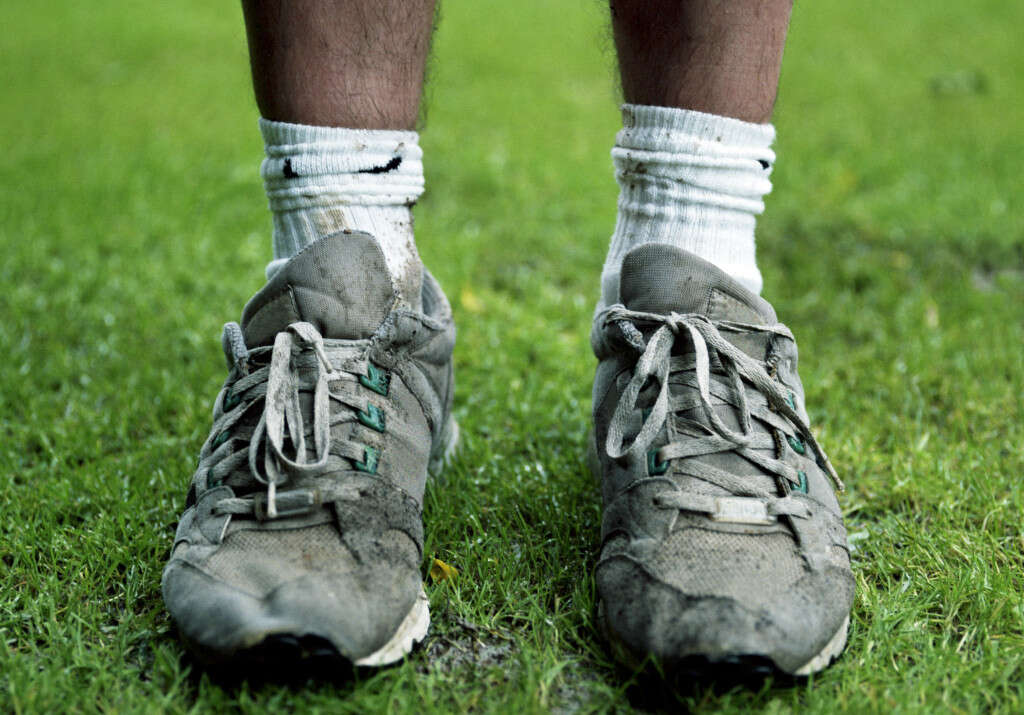
Cause #10: Nutritional Deficiency
Certain nutrition cannot be produced by the body and has to be obtained through the diet. Nutritional deficiencies such as folate, thiamine, vitamin B12, and other B vitamins can result in nerve damage. Other deficiencies that can cause leg and foot cramps include potassium and magnesium deficiency.
Patients who suspect that they may be experiencing cramps due to a nutritional deficiency should seek professional opinion as it can be easily tested through a simple blood test. Deficiencies can easily be managed through supplementation and treatment.





